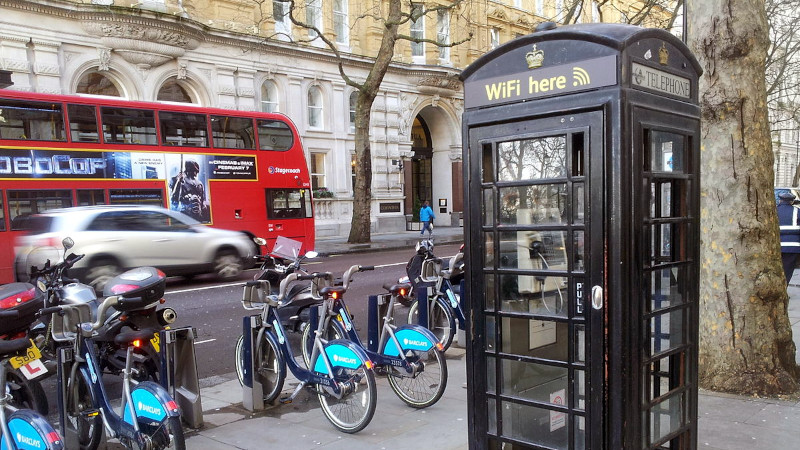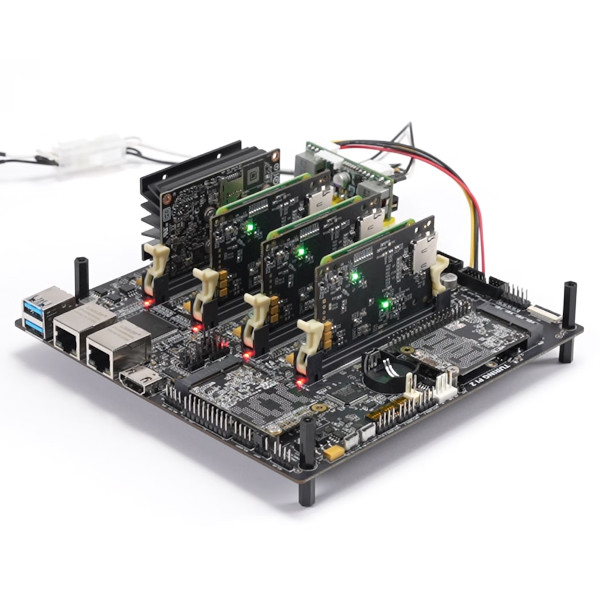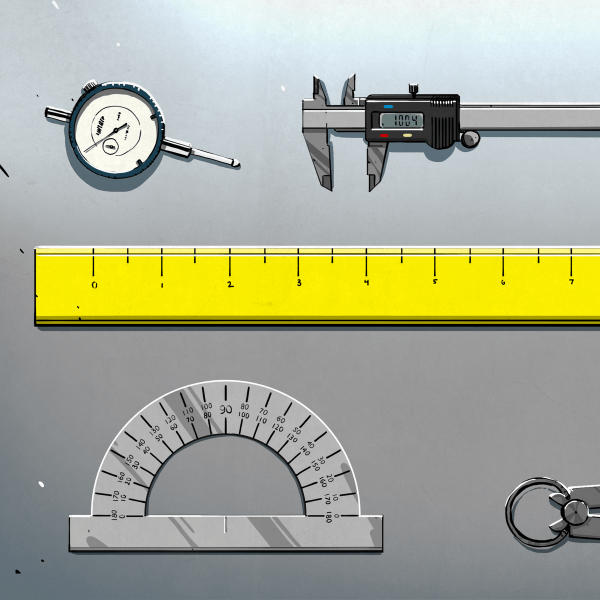As if there weren’t enough worrying global news stories already, today the British press and media have been full of a story involving the public WiFi networks at some major railway stations. Instead of being faced with the usual don’t-be-naughty terms and conditions page, commuters were instead faced with a page that definitely shouldn’t have been there.
Hackaday readers will immediately have guessed what is likely to have happened. This is probably more of a compromise of the page than of the network itself, and, indeed, the BBC are reporting that it may have come via an administrator account at Network Rail’s er… network provider. Fortunately, it seems the intent was to spread a political message rather than malware, so perhaps those travelers got off lightly. The various companies involved have all got the proverbial egg on their faces, and we’re glad we don’t work in the IT department concerned.
The question we find ourselves asking as we reflect upon this is: In crowded European commuter zones such as southern and central England, should events such as this come as a wake-up call to forgo WiFi and use a cellular data plan instead? Gone are the days when finding public WiFi was like having your own private high-speed connection, in a country blanketed by 4G and 5G networks using your phone as a hotspot is simply much faster as well as offering some security. Hackaday is written and edited on the road using a hotspot in all sorts of unlikely places. Do you do the same? Are Hackaday readers up for free public WiFi, or do you jealously guard your own connections? Let us know in the comments.
You can probably figure out how to share your network connection among friends. Network security, of course, is always robust until it isn’t.
header: Biblola, CC BY-SA 3.0 .

















I’m surprised Hackaday does not have Starlink Sat modules when out on the road.
…. there’s plenty of 4G dead spots ’round the UK – especially when out at sea.
Do the wifi networks mentioned cover those dead spots?
They’re quite big and need line of sight to the sky. I don’t think you would want to ring them on train journeys.
Could you not hang the dish outside the window?
You could hang out the window holding the dish and keeping it pointed at the right spot in the sky.
You’d have to concentrate on the job.
Don’t get distracted by oncoming trains, tunnel entrances etc.
Focus.
I’ll try it and report back on this page. If you don’t here from me then you know it didn’t work.
They are probably hard to come by. Elonivich Muskovite had them all sent elsewhere.
4G is totally useless at all the major London stations (and on busy trains too). You get full signal, but no data throughput because there are thousands of phones connected to the same cell.
I have to sign into the free station WiFi to see how delayed the trains are.
Fast trains, 3G/4G and smartphones don’t match. If you’re traveling at >200 km/h, your phone will be constantly roaming and negotiating with a dozen towers which have to handle hundreds of clients at once. Add to that the attenuation of a metal box with 10 mm thick tinted windows and the low data priority of a cheap cellular contract. No fun at all and it sucks the phone’s battery dry within no time.
Using the on-train WiFi is clearly the better choice if you want an acceptable bandwidth without interruptions.
At >200 km/h? You’re not in the UK are you!
Weirdly the channel tunnel has great 4G connectivity – sat in a metal box (your car) inside a metal box (the train) in a concrete tube 200ft under the sea travelling at 100mph. I’ve no idea what their setup is and I’ve not even seen them advertise it as a thing that exists.
During Chunnel construction, “lossy” coax was used for communications inside. Not sure what is used currently.
What’s wrong protesting against 2017 Manchester Arena bombings?
So much for freedom of speech.
This is actually a good place to ask that question since I’m sure there are plenty of staff that are in the know.
I think however that your comment will simply be removed instead.
Oh and in general there are obviously ways to protest and ways to be in-your-face annoying of people not interested in all that stuff but who just want to see things like ‘why the train was delayed’ as Jenny says, so a train info site is not the best choice huh.
I’m surprised that it has been 7 years since I visited Manchester!
There’s a limitless amount of other forums and places to discuss thus event. This is Hackaday, which isn’t really the place for this discussion.
Freedom to speak your mind is not the same thing as being free to in effect take hostages to be sure others listen or vandalise…
Doesn’t really matter what the message is, it is wrong to put it there. The only messages that should be there are related to the service its supposed to provide.
Assuming cellular data is safer than wifi is I think a whole article in itself, probably with the conclusion it isn’t really (though should such an article be written I’m sure I’d learn something – not claiming to have really done the research to be an expert). However all this stuff is about who you are trusting, and how much you have to trust them. Which in the case of any wireless connection you can’t actually verify the node you are communicating via is secure or even the one your device thinks it is…
And in those dense and populated areas even if 4 or 5G exists is it actually going to perform better than a locally provided wifi? – its a different method to wifi but still sharing bandwidth, and the effective signal penetration and ranges are different as well. On the road I’d suspect the important bit is functionality not method – as you should be treating these networks as effectively actively malicious, so as long as there is enough bandwidth and/or low enough latency for your needs…
Wouldn’t touch free WiFi from public places. Especially as there’s rarely such a thing anyway, hotspots are generally trying to do some kind of data collection or advertising.
Small Coffee shop free WiFi (with the password on a board at the counter) probably is free, though I’d not trust the other people on the network!
Running a VPN to your home network isolates you from any data harvesting operations you might find on a public network. If they block or filter non-web traffic then you can always run something like Guacamole and a virtual desktop at home to provide all your private computing needs over https.
There’s always a way :)
Your firewall will protect you from the other users on the network. It will not protect against a malicious network though. I always use my VPN on public WiFi.
I try not to be too critical about the articles posted here, but this one feels like it is missing a lot of data/facts. What was posted on the login page? Maybe it was a compromise of the login page? Public wifi is terrible and cellular is the answer – why is that the most important takeaway from the incident?
“free public WiFi”?
Not without turning on my Pixel’s VPN.
In 3Q2024, “free” definitely can cause me to become anxious!